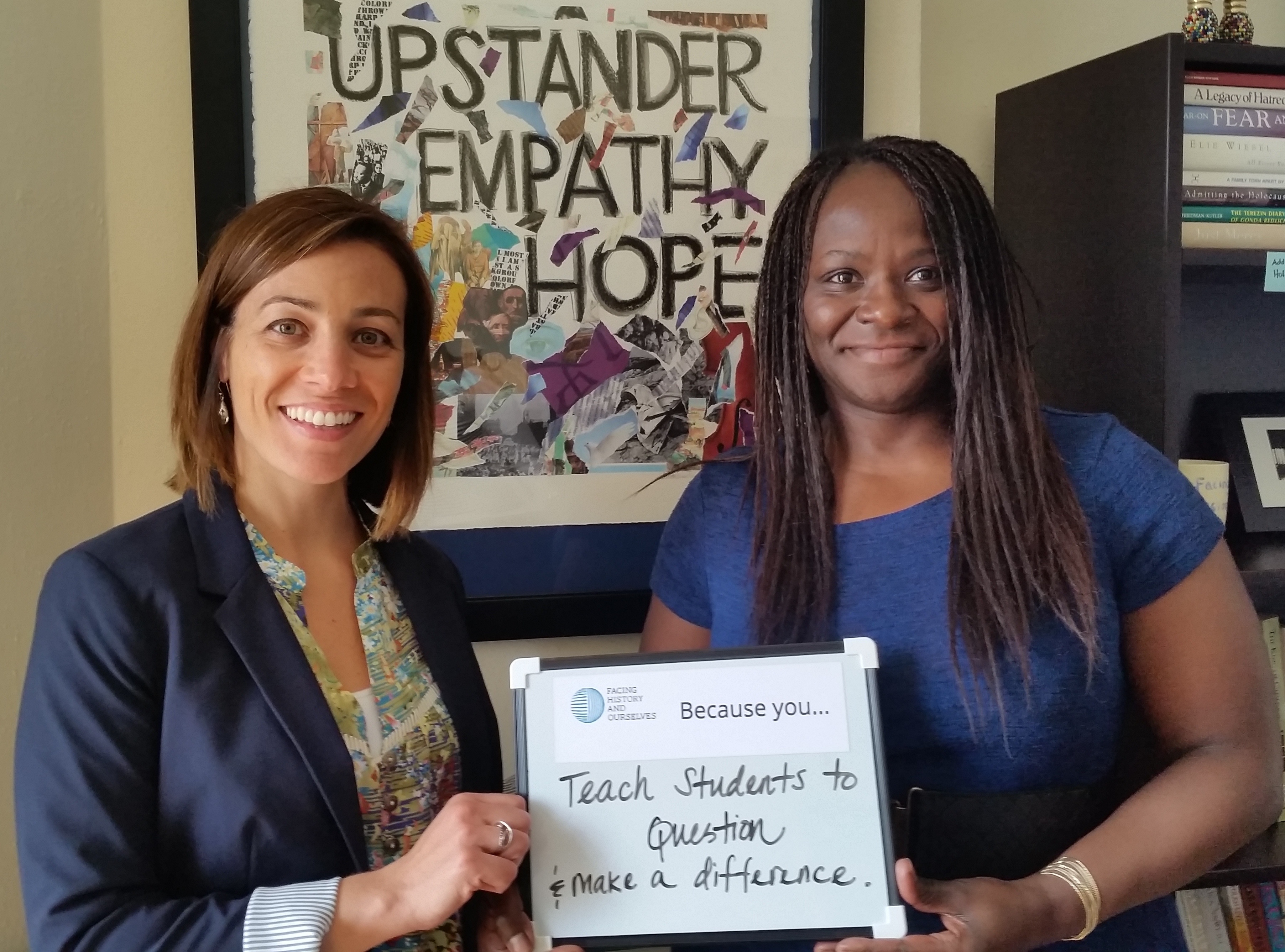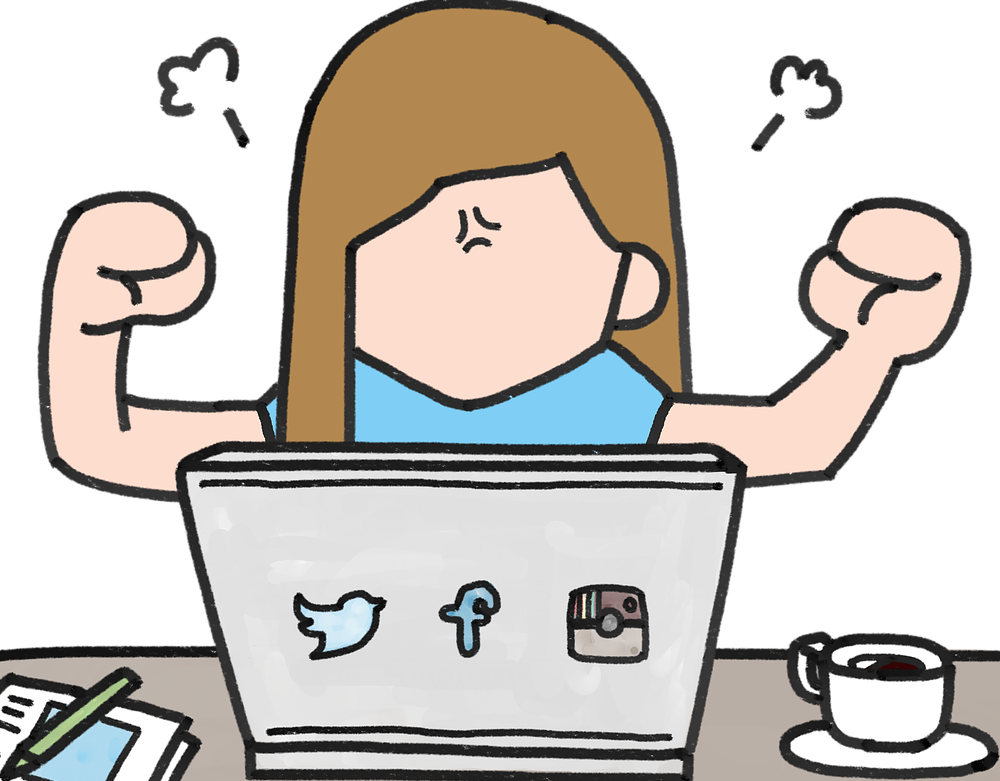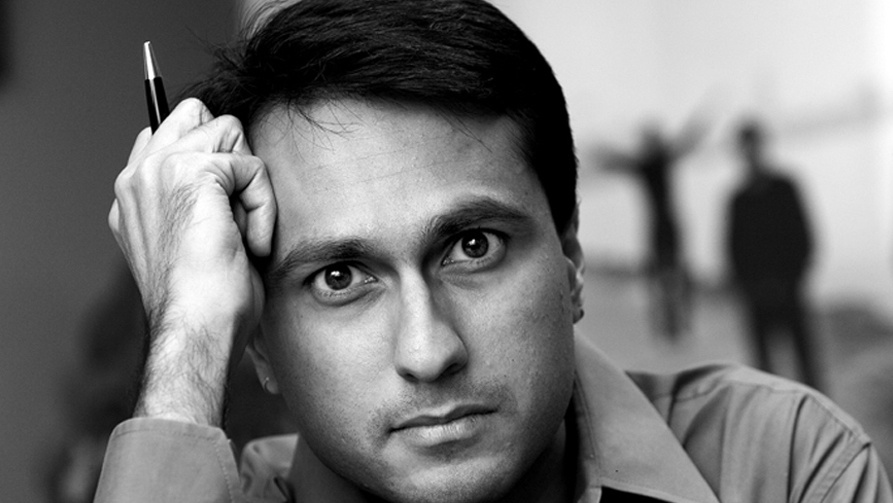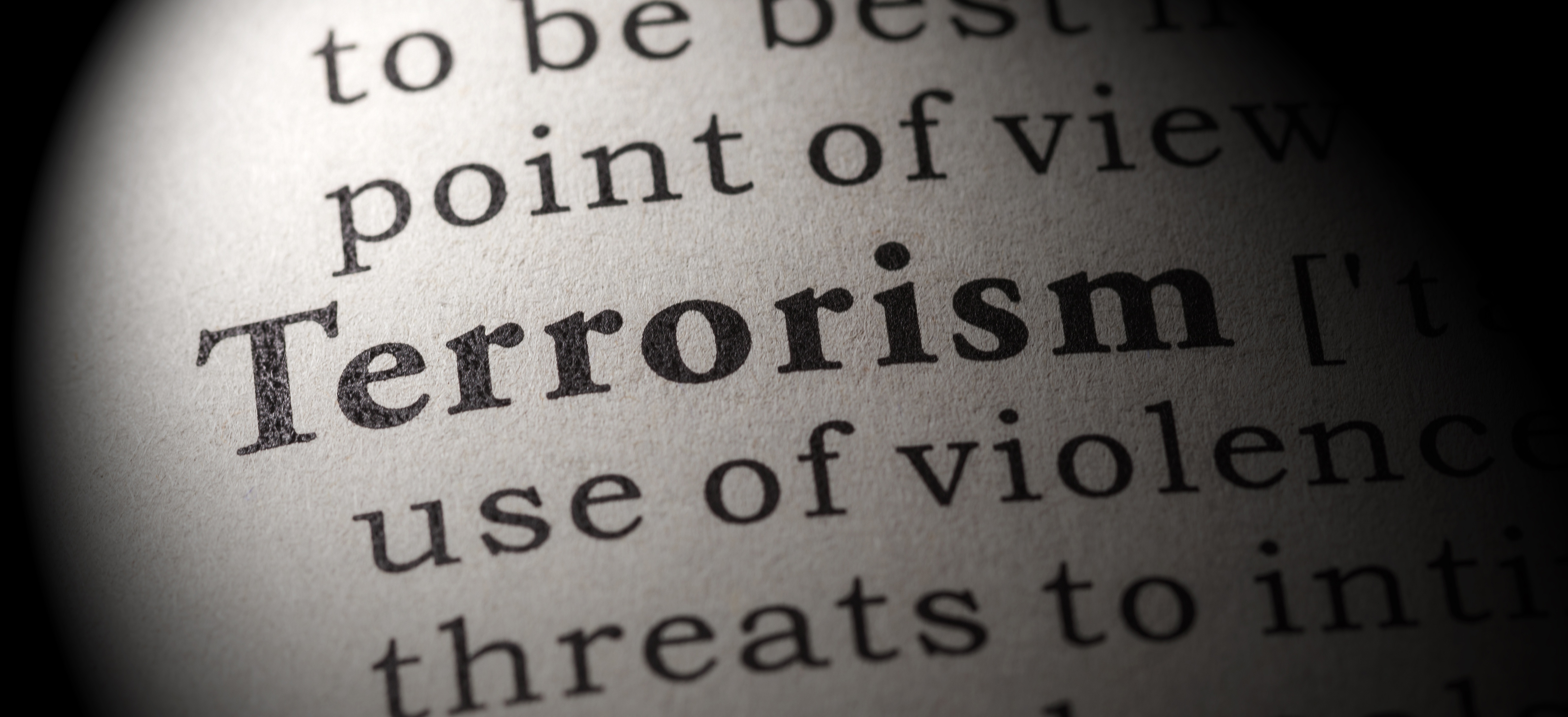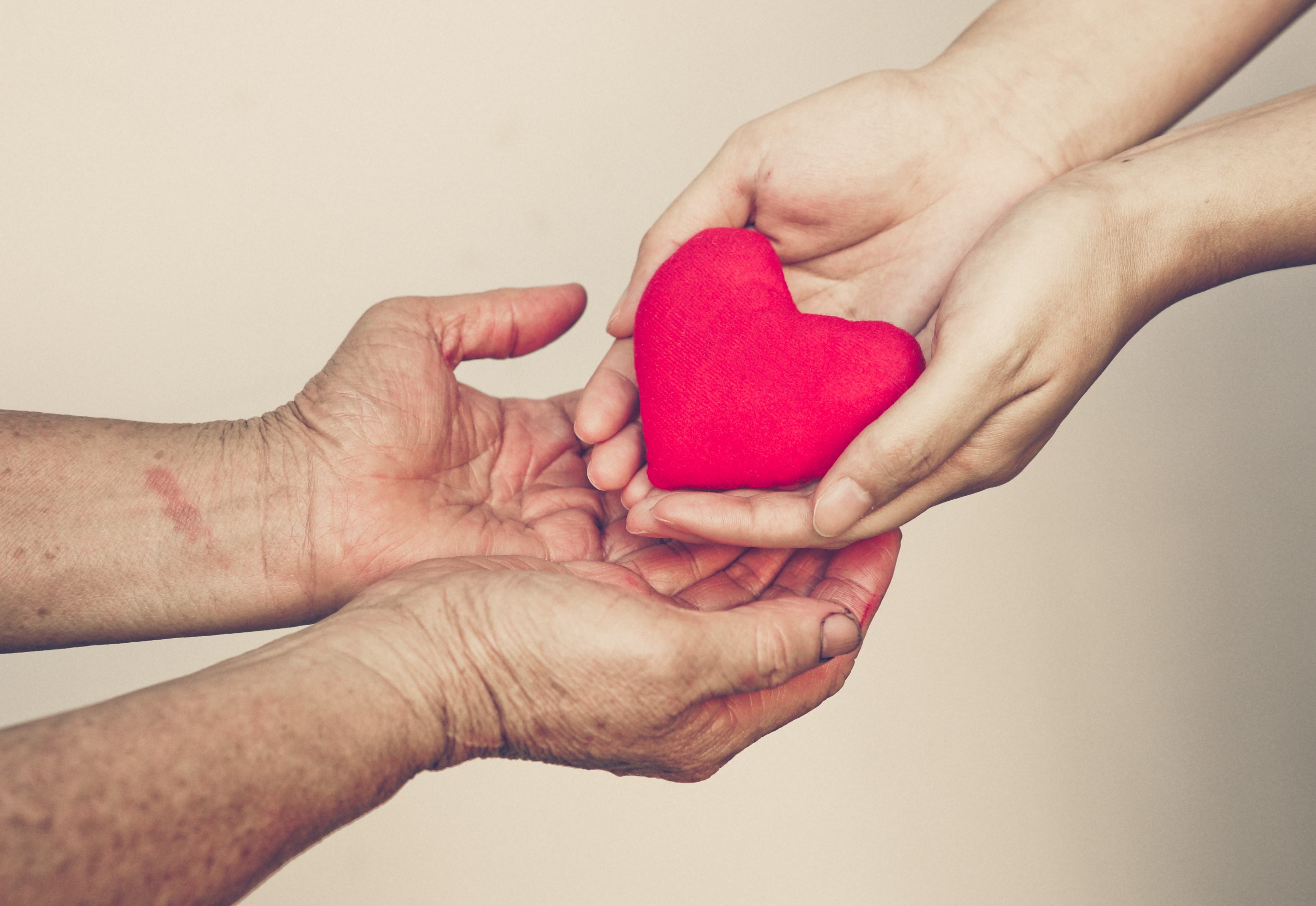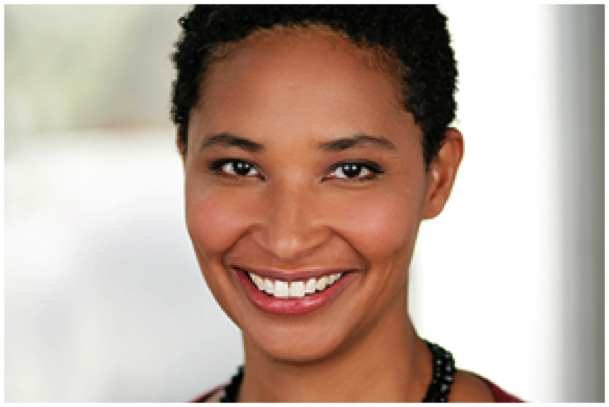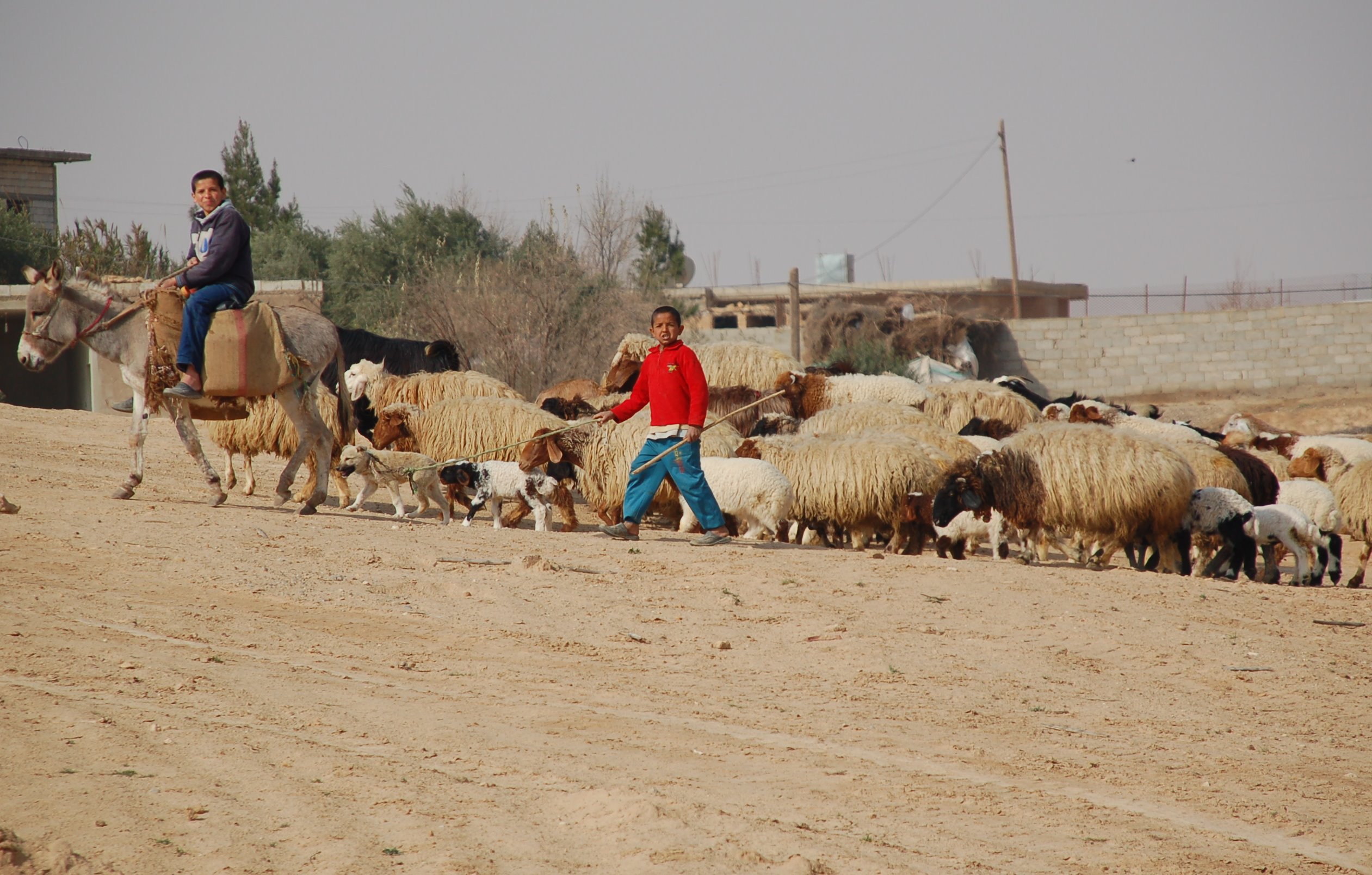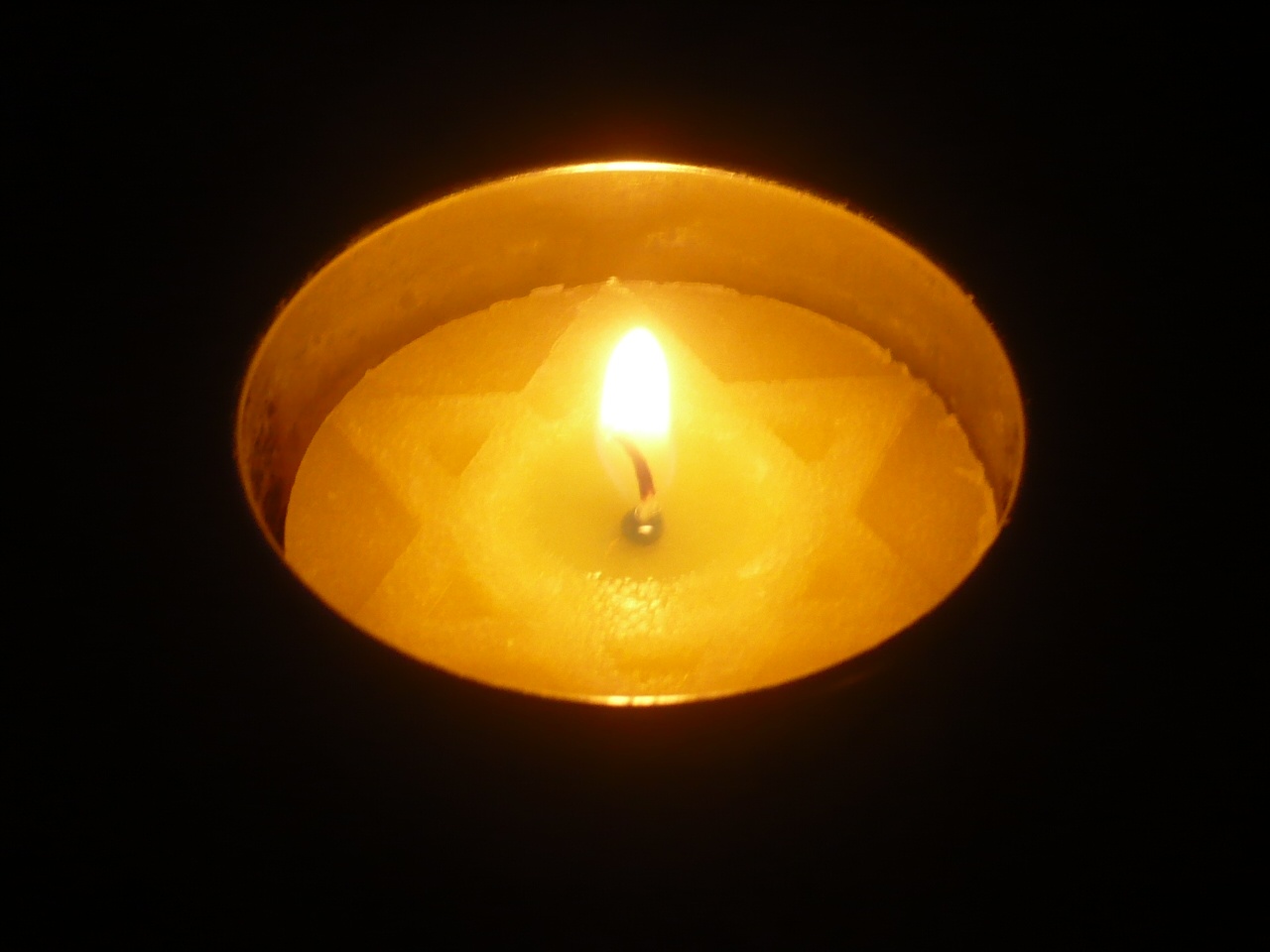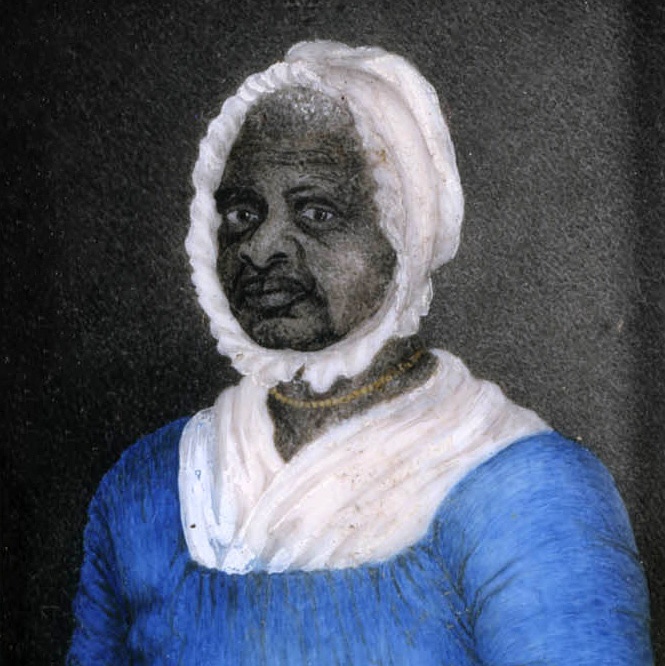For the past three weeks, we’ve been exploring the question “What Makes Democracy Work?” with scholars, activists, and thought leaders whose insights and stories teach us about what it takes to sustain democracy. Each Thursday we post new podcasts, essays, and related classroom resources, which can all be found on our "What Makes Democracy Work?" webpage. This week, in honor of Teacher Appreciation Day, we’re saying thank you to the teachers who nurture democracy in their classrooms every day.
I am of the first generation in my family to grow up with the Internet at home as a tween and teen. Granted, we had Prodigy and AOL, and I had to make sure no one was on the phone to get my weekly Baby Sitter’s Club story. Still, one thing that was true then remains true now: as a teen I was a lot savvier about online spaces than my dad. In fact, my dad relied on me to get our AOL set up when we got our first computer. So it may surprise you when I tell you that kids today—despite being born into the age of social media and interconnectedness—can be terrible at navigating this digital landscape.
Topics: civil discourse
This week, in the fourth installment of our series, "What Makes Democracy Work?" we talk with interfaith leader Eboo Patel about what it looks like to build a healthy, religiously diverse democracy. We hope you’ll join the conversation using the hashtag #DemocracyandUs!
Topics: Democracy
Over the past few years, there have been many times when we've awakened to news of terrorism—close to home or far away. In late 2016, a list of things more common than being a victim of a terrorist attack in America was published. This list included shark attacks, lightning strikes, and car accidents and was intended, in part, to create a sense of perspective. Indeed, terrorist attacks are rare, and they directly affect only a small number of people. But their impact and consequences are widespread. In countries around the world, terrorism has shaped security and policing, civil liberties, and the ways that people in diverse societies perceive and interact with each other.
Topics: global terrorism
We often think of empathy as a virtue—it’s sometimes used synonymously with terms like “compassion” and “understanding.” But empathy is more complicated than that. Sometimes there’s that feel-good, tender variety that helps us connect deeply with and nurture others. Then there’s also the I feel exactly what you are feeling variety that weighs us down with feelings of unsolvable pain.
Topics: Genocide/Collective Violence
What Makes Democracy Work?: Citizens and Civic Participation
Posted by Laura Tavares on April 27, 2017
In the third installment of our series, "What Makes Democracy Work?" we consider the role of citizens with the help of political philosopher Danielle Allen. Make sure to join the conversation using the hashtag #DemocracyAndUs!
Topics: Democracy
Today's News, Tomorrow's History: Syrian Refugees in Jordan
Posted by Monica Brady-Myerov on April 26, 2017
Today’s News, Tomorrow’s History is an ongoing series with Listenwise. This series connects Facing History’s themes with today’s current events using public radio to guide and facilitate discussions around the social issues of our time. We will take a look at Syrian refugees who have settled in the neighboring country of Jordan.
Topics: Today's News Tomorrow's History, current events, Listenwise
How Asking "So What?" on Yom HaShoah Can Lead to a Better Future
Posted by Roger Brooks on April 24, 2017
Today is Yom HaShoah, Holocaust Remembrance Day. Roger Brooks, Facing History’s President and CEO, shares his reflections about how we can study the past to empower young people to make positive choices that can change our future for the better.
Topics: Holocaust and Human Behavior
What Makes Democracy Work?: Individuals and a Nation's Laws
Posted by Laura Tavares on April 20, 2017
Facing History and Ourselves is exploring “What Makes Democracy Work?” in conversation with people whose insights from history, politics, literature, and civic life help us consider what it takes to sustain democracy in our societies today. In the first installment of our series, we spoke with Ben Railton, Professor of English Studies and American Studies at Fitchburg State University in Massachusetts who tells us about two enslaved people who successfully sued for their freedom in the early years of the American republic.
Topics: Democracy

